He was called “the child with golden hands,” and Nelson José Pinto Freire grew up to become one of the greatest pianists of his generation. His brilliance of technique was matched by interpretive depth and “the cleanness of his musical taste.” A notable interpreter of Chopin, Freire also recorded much of the piano duo repertory with Martha Argerich, and his extensive discography with Sony Classical, Teldec, Philips, and Decca has garnered awards, including the Gramophone Award and Diapason d’Or.
Nelson Freire Plays Chopin’s Barcarolle, Op. 60
Child Prodigy
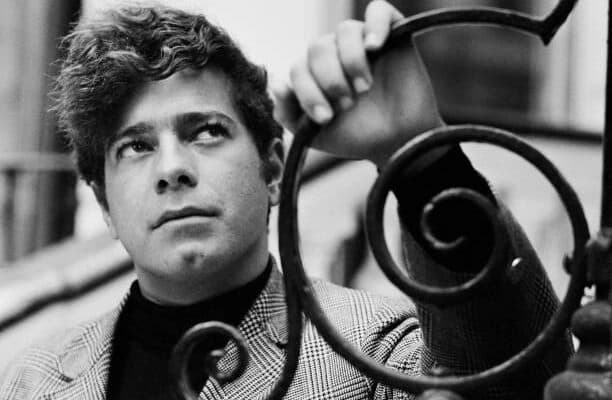
Nelson Freire
Nelson Freire was born on 18 October 1944 in Boa Esperança, a little town in Minas Gerais State, Brazil. The youngest of five children, his mother was a music lover, and she bought a piano with her first salary as a teacher. As Freire recalled, “I think there were only three pianos in the whole town.” With his sister taking piano lessons, Nelson began dabbling on the keyboard himself and he quickly revealed his outstanding gifts and strong artistic personality at an early age.
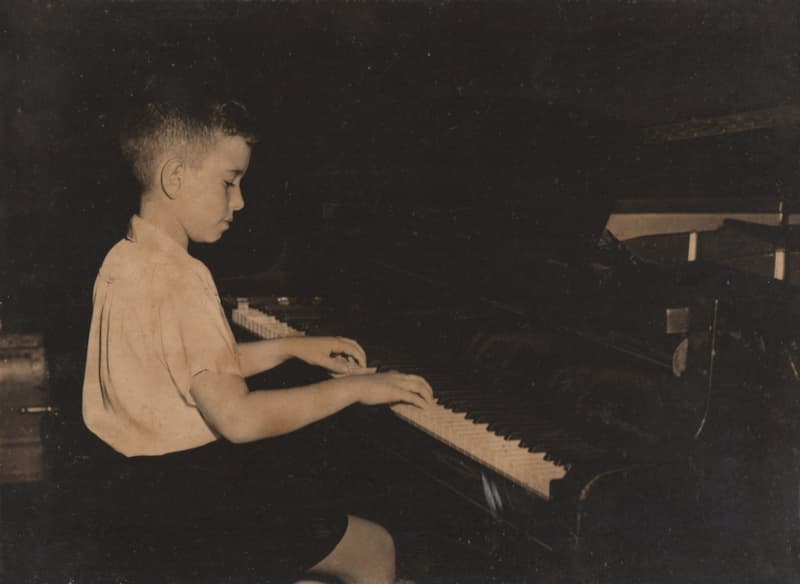
Nelson Freire at 5 years old
Determined to start piano lessons at the age of four, a teacher was found a four-hour bus ride away from home. Signed up for weekly lessons, “the teacher told my father after twelve lessons that there was nothing he could teach me and that I would have to go to Rio de Janeiro for a proper musical education.” It was a difficult decision for his family, but they decided to support their child prodigy and moved to the big city.
J.S. Bach: Partita No. 4 in D Major, BWV 828 (Nelson Freire, piano)
Nise Obino
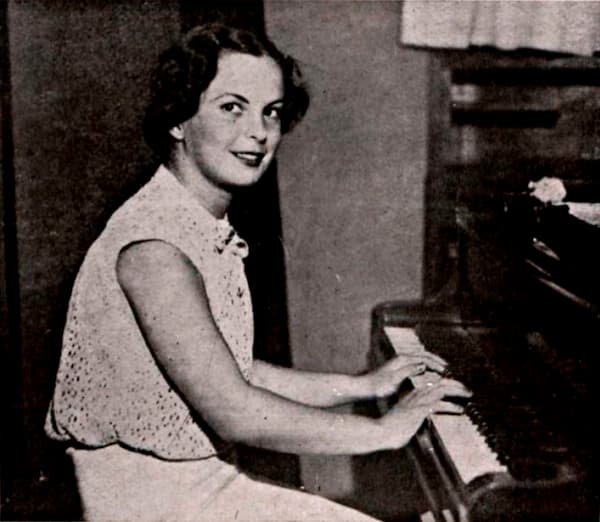
Nise Obino
Once the family had arrived in Rio, Nelson underwent a number of tests. He immediately impressed the professional musicians, who called him “the child with a golden hand.” He also played his first public recital at the age of four, but finding a teacher to suit his temperament proved difficult. “I was an unruly child,” he explained in an interview, “and for two years, I went from teacher to teacher.” His parents were losing patience and even contemplated returning to Boa Esperança.
Fortunately, Nelson was introduced to Lucia Branco, a well-known teacher who had studied with Arthur De Greef, a student of Franz Liszt. In turn, she recommended her assistant Nise Obino to take over Nelson’s education. As the pianist recalls, “It was love at first sight. With Nise, I went right back to square one, including even the position of the fingers on the keyboard. She managed to get me to make remarkable progress. My relationship with her was very strong, the strongest in my life.”
Nelson Freire Plays Brahms’ Intermezzo in B-flat minor, Op. 117 No. 2
Competition and Scholarship
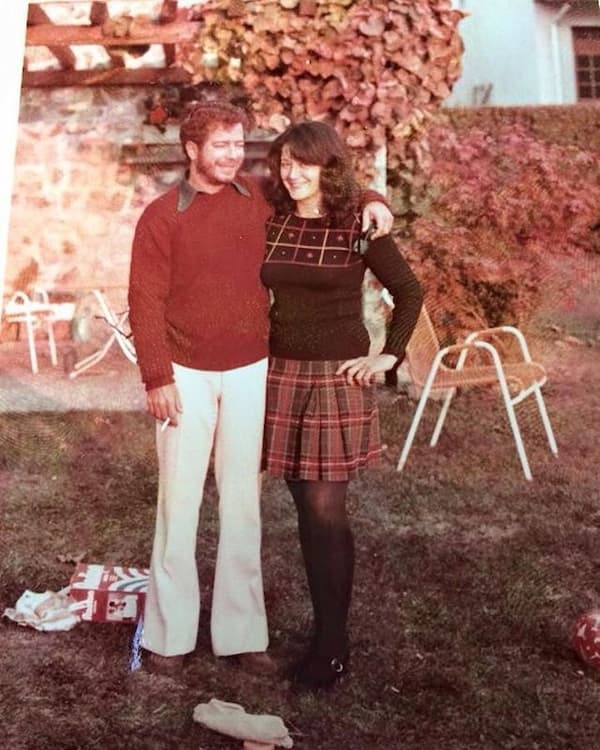
Nelson Freire and Martha Argerich
In 1957, Brazil organised Rio de Janeiro’s first international piano competition, and Freire, aged 12, was invited to take part as one of eighty contestants. Freire recalls, “A number of fellow competitors were already in their thirties and had a lot of experience. Some had even won prizes in other competitions.” His teacher suggested he have fun and gain valuable experience without getting his hopes up too high.
Freire easily made it into the finals, and he was eventually awarded 7th place in the competition. His participation remains a vivid memory for the pianist. As he explained, “The final was an extraordinary event, a bit like a big soccer match. The hall was packed, and the audience was very excited. The president of Brazil, Juscelino Kubitschek, who had followed the preliminaries, offered me a two-year scholarship to go and study wherever I wanted to.”
Frédéric Chopin: 12 Etudes, Op. 10 (Nelson Freire, piano)
Vienna
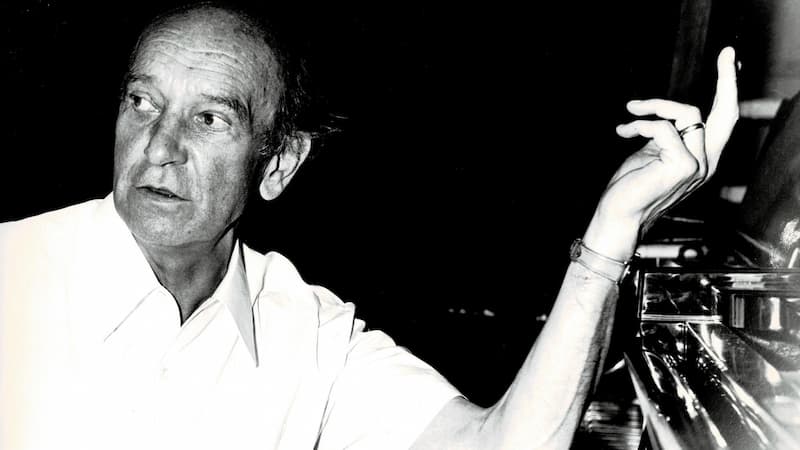
Bruno Seidlhofer
Freire decided he wanted to study with Bruno Seidlhofer in Vienna, a legendary pedagogue whose students included Martha Argerich, Paul Badura-Skoda, Friedrich Gulda, and Rudolf Buchbinder, among countless others. Freire played for Seidlhofer in Rio, and at age 14, he joined the pedagogue in Vienna. Setting off without his parents was a decided challenge, and he recalls, “I was alone for the first time in my life.”
Without speaking a word of German or knowing anything about the city, Freire quickly had to find his feet and his independence. As he remembers, “those two years were very important for my personal development, but I didn’t do much work, and didn’t enter any competitions. I didn’t live up to expectations.” With his scholarship coming to an end, Freire returned to Brazil and, for two years, was thrown into an adolescent crisis. He did recover his enthusiasm for the piano in 1962, however, when he was offered the opportunity to play a concert in São Paulo.
For more of the best in classical music, sign up for our E-Newsletter
